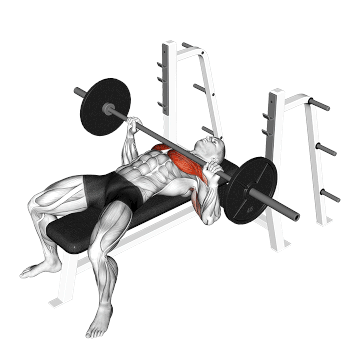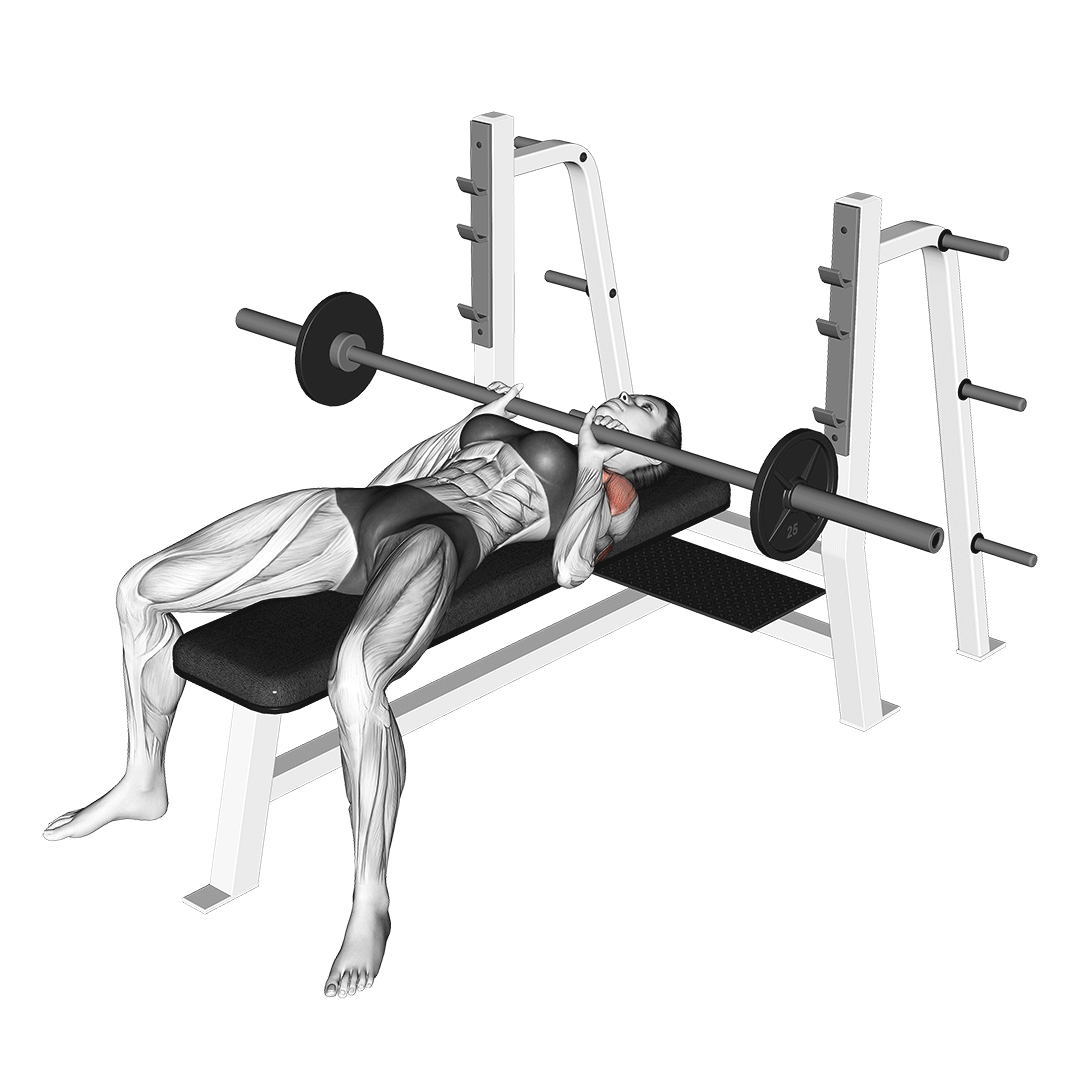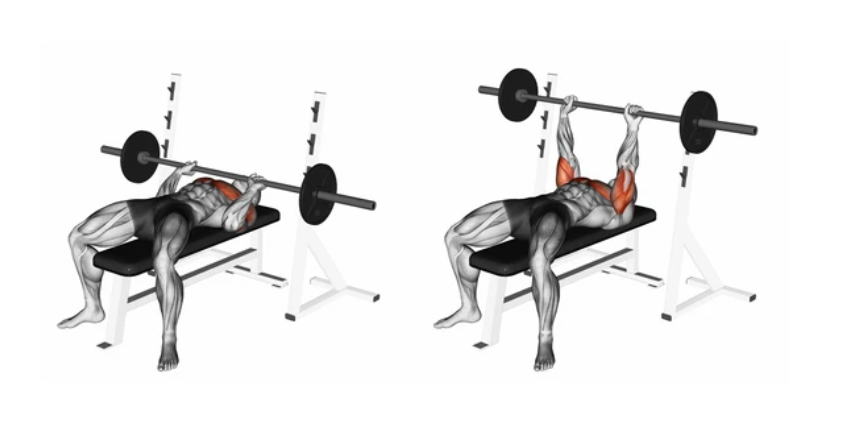Are men with shorter arms better at bench press? Yes, generally speaking, shorter arms have a mechanical advantage in the bench press because their shorter range of motion makes it easier to lift the same weight. This is because shorter arms need to travel a shorter distance during the lift, effectively reducing the amount of force required to complete the lift.
1. How Much Does Arm Length Affect Press Weight?
1.1 Leverage & Range of Motion
Think about the bench press movement. You lower the bar to your chest, then press it back up to lockout. The total distance the bar travels from chest to lockout is your Range of Motion (ROM). Here’s the key: guys with shorter arms have a significantly shorter ROM.
- The Physics is Simple: Less distance = less work done to move the same weight. If Lifter A has arms 6 inches shorter than Lifter B, that bar has 6 fewer inches to travel on every single rep. Over a full set, that energy saving adds up massively. I’ve literally measured this difference with lifters – it can easily be a 15-20% reduction in ROM. That’s huge! Less distance means less time under tension per rep, less fatigue buildup, and frankly, less sheer effort required to complete the lift. It’s why my shorter-limbed clients often progress faster on bench numbers initially.
1.2 Mechanical Advantage
Beyond just distance, leverage is physics 101. Imagine a seesaw (teeter-totter). Pushing down close to the fulcrum is hard. Pushing down far from the fulcrum is easier. In the bench press, your shoulder joint is the fulcrum. The weight is in your hands at the end of the lever (your arms).
- Shorter Arms = Better Leverage: The shorter your arms (the lever), the less force is required from your pectorals, deltoids, and triceps to overcome the resistance of the weight at the end of that lever. It’s a direct mechanical advantage. Your muscles simply don’t have to work as hard to produce the same amount of force against the bar compared to someone with longer arms wrestling against longer levers. It’s not about being “stronger” muscle-for-muscle; it’s about your structure giving those muscles a helping hand. I’ve seen guys with shorter arms out-lift longer-limbed guys who clearly had more raw muscle mass, purely based on this leverage efficiency.

1.3Individual Variation
- Muscle Mass & Strength: Obvious, but crucial. Bigger, stronger pecs, shoulders, and triceps will lift more weight, period. Leverage helps you use that strength more efficiently, but you still need the horsepower underneath. You can’t out-leverage a complete lack of muscle.
- Body Proportions Matter: Torso length, shoulder width, chest depth – they all interact. A long torso can sometimes offset long arms slightly in terms of overall positioning and stability. There’s no single “ideal” body, just unique combinations.
- Insertion Points & Tendon Length: Where your muscles actually attach to the bone (insertion points) and the length of your tendons also subtly influence force production and leverage, adding another layer of individuality. This stuff is fascinating but harder to see than simple arm length.
- Training Age & Skill: A highly skilled, experienced lifter with long arms will almost always destroy a novice with short arms. Mastery of the movement pattern and years of strength development trump initial biomechanical advantages. Consistency and smart training win the long game.
1.4 More Difficult With Longer Arms to Bench Press?
Yes, longer arms generally make bench pressing the same weight more physiologically difficult due to biomechanics:
- Increased Range of Motion (ROM): Longer arms require the barbell to travel a significantly greater distance from the chest to lockout compared to shorter arms. Moving the same weight over a longer distance requires more total work done by the muscles (Work = Force x Distance).
- Mechanical Leverage Disadvantage:
- At the Bottom: In the stretched position (bar on chest), the elbows are far behind the bar. Longer forearms increase the horizontal distance between the bar and the shoulder joint. This creates a longer “lever arm,” forcing the pectoralis major and anterior deltoids to work significantly harder to initiate the press off the chest against gravity.
- Through the Mid-Range: Longer humeri (upper arms) mean the bar is farther from the shoulder joint throughout the lift. This increases the torque (rotational force) that the prime movers (pecs, delts) must generate to raise the weight, demanding greater force output.

So, are men with shorter arms better at bench press? Yes, generally speaking, due to a shorter range of motion and slightly more favorable leverage. They start with a built-in biomechanical advantage – a shorter range of motion and inherently better leverage. Physiologically, moving the same weight is generally harder for those with longer limbs.
Welcome! I’m Jordan Mitchell, the dedicated editor at Leadman Fitness, where we specialize in manufacturing high-quality bumper plates, barbells, weight machines, kettlebells, and dumbbells. With a passion for fitness and a keen eye for detail, I ensure that our product information is clear, accurate, and engaging for our customers. My role involves collaborating closely with our design and production teams to highlight the innovative features and superior craftsmanship that set Leadman Fitness apart in the industry. Whether you’re a professional athlete or a fitness enthusiast, I’m here to provide you with the information you need to achieve your training goals with our top-of-the-line equipment.
